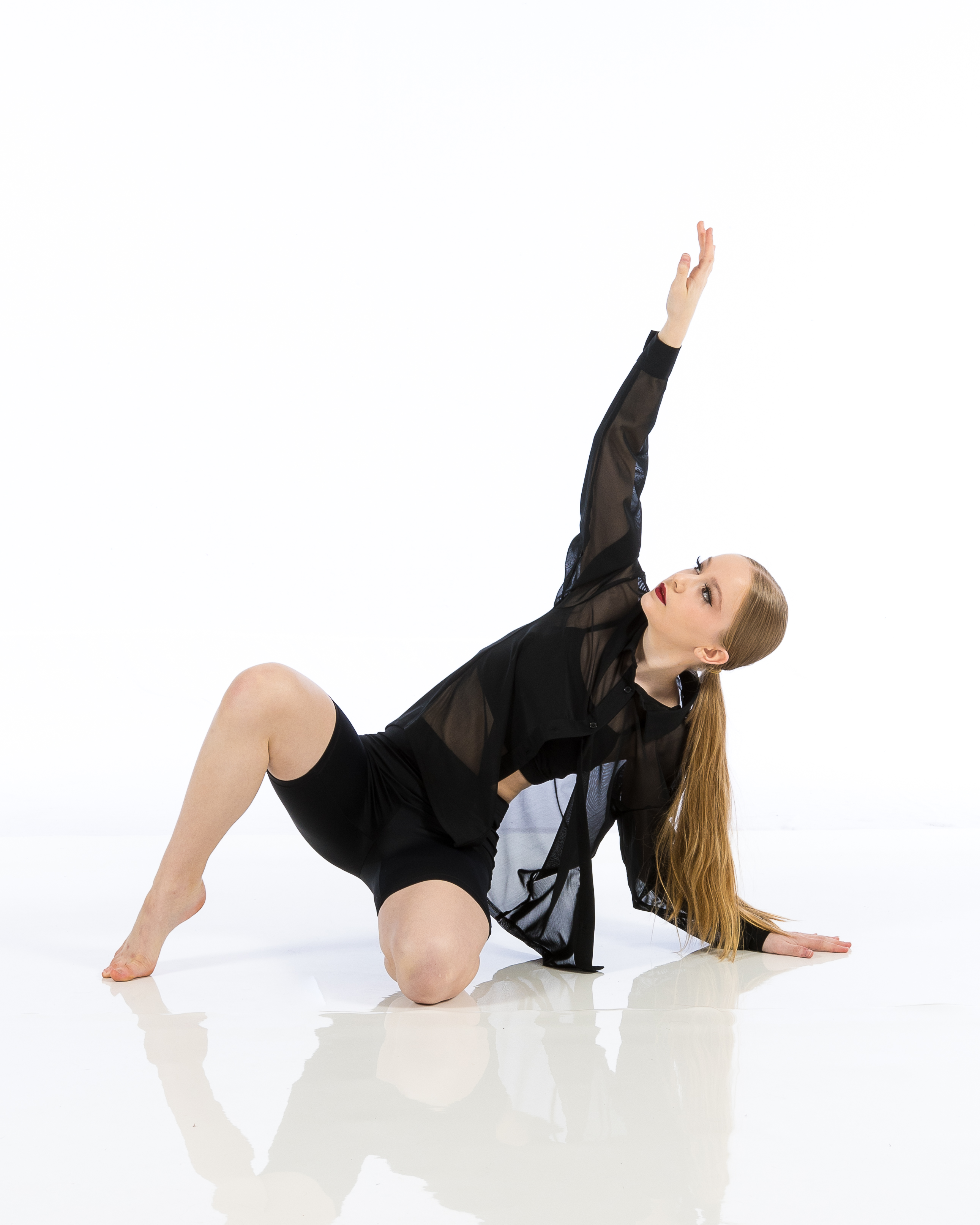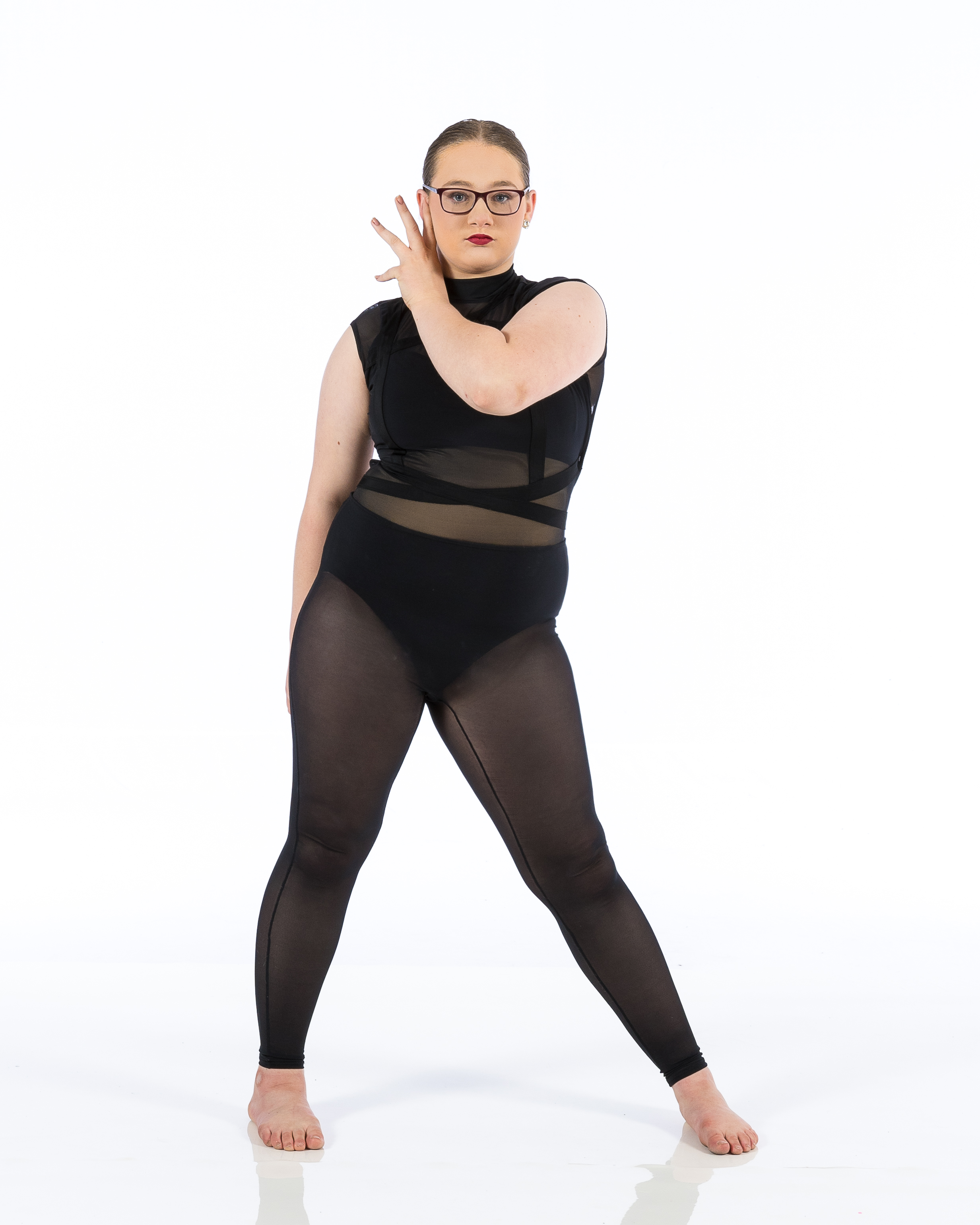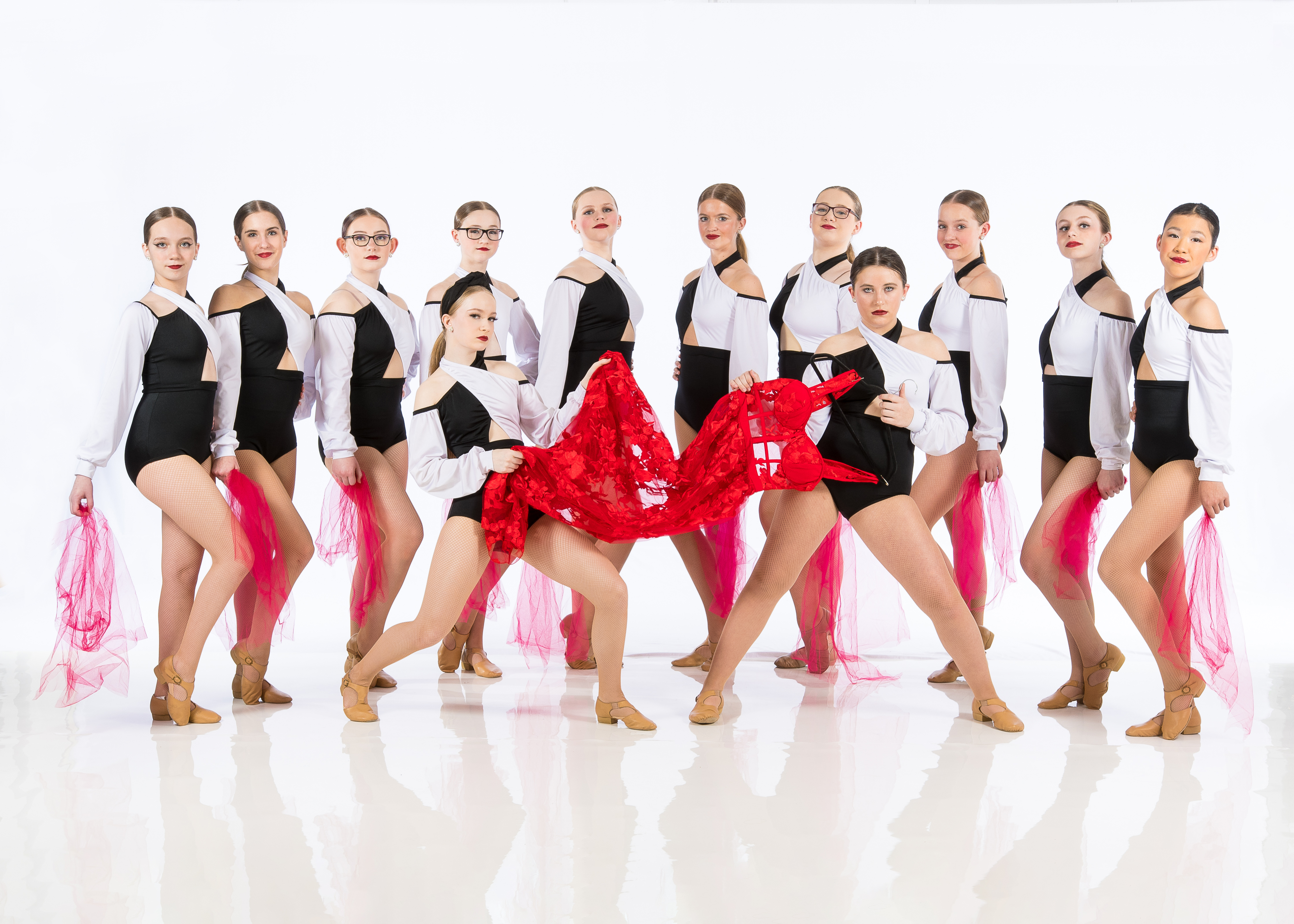Introduction
Dance is an art type that goes beyond barriers, unifies areas, and bursts with the vigor of human expression. Whether you're a budding dancer stepping into a dance studio for the first time or a knowledgeable entertainer seeking to improve your craft, comprehending dance studio decorum is essential for making certain a positive experience. This extensive overview titled From Newbie to Specialist: Navigating Dance Studio Etiquette for a Harmonious Experience will take you via every aspect of dance studio actions, supplying understandings that will certainly boost your experience and foster stronger connections within the dance community.
Understanding Dance Studio Etiquette
What is Dance Studio Etiquette?
Dance workshop etiquette describes the collection of rule of thumbs and social norms that regulate behavior in a dance classroom setup. Just like any type of other imaginative environment, valuing these guidelines can boost not only your learning experience but also that of your peers.
Why is Dance Studio Decorum Important?
Adhering to proper etiquette helps create an environment of respect, focus, and partnership. It promotes a sense of area and allows dancers to support each other in their growth while decreasing interruptions during class.
From Beginner to Professional: The Relevance of First Impressions
Preparing for Your Initial Class
Walking into a dance studio for the first time can be nerve-wracking. To make a remarkable impression:
- Dress properly: Wear comfortable outfit suitable for the kind of dance you're studying. Arrive early: Purpose to arrive at least 10-- 15 mins before course starts. This provides you time to check in, heat up, and work out in.
Greeting Your Instructor
A friendly greeting sets the tone for your experience. Always introduce yourself if it's your first class! A straightforward "Hello" or "Good morning" can go a long way in developing rapport.
Classroom Conduct: The Do's and Do n'tshtmlplcehlder 46end.
Do's: Positive Behaviors
Be Respectful: Regard everybody's individual room-- specifically when exercising moves. Listen Actively: Show attentiveness when instructors are talking; it shows you value their guidance. Support Your Peers: Encourage fellow professional dancers; positivity breeds encouragement.Don'ts: Unfavorable Behaviors
Avoid Interruptions: Maintain individual discussions outside the classroom. Don't Usage Your Phone: Silence your phone during course; it's disruptive. Refrain from Interrupting: Wait up until the instructor finishes before asking questions.The Duty of Personal Room in Dance Studios
Understanding Boundaries
Personal space differs from one person to another, especially in a dance setup where physical closeness is typically required throughout method routines.
Communicating Convenience Levels
If you really feel uneasy with just how close an additional professional dancer is obtaining during partnered exercises or developments, it's vital to communicate this politely and professionally.
Maintaining Professionalism and reliability: Dress Code and Grooming
Importance of Correct Attire
Each dance style commonly has its own gown code-- whether it be leotards for ballet or loose-fitting apparel for hip-hop classes-- sticking to these criteria shows regard for both your craft and your instructor.
Personal Hygiene Matters
Dancing requires physical effort, which can result in sweat. Ensure you maintain good hygiene by showering before class and wearing clean attire.
Behavior Throughout Class: Concentrating On Learning
Engaging with Instruction
It's crucial to stay concentrated during demonstrations. As opposed to merely watching, proactively engage by imagining exactly how you would carry out each movement.
Asking Inquiries Appropriately
Curiosity boosts discovering! If something isn't clear, feel free to ask concerns-- yet ensure they are relevant and posed at suitable times (preferably after guidelines).
Feedback: Accepting Constructive Criticism
Accepting Feedback Gracefully
Constructive objection is part and parcel of development in any kind of art kind. Welcome responses with an open mind and stay clear of coming to be defensive; keep in mind that review intends to aid boost your skills!
Offering Comments Thoughtfully
When providing comments to peers, guarantee it's constructive rather than essential; focus on what they succeeded together with areas for improvement.
Creating Consistency With Teamwork
The Value of Group Spirit
In several dance styles, synergy plays a critical role; establishing sociability with fellow professional dancers results in boosted performances.
Collaborating During Group Exercises
When associated with team projects or choreography techniques, encourage creativity by appreciating everyone's ideas while likewise contributing your own constructively.
Handling Conflicts Gracefully
Addressing Disagreements Maturely
Conflict may develop due to misunderstandings or differing viewpoints on choreography choices. Take on these problems independently instead of publicly airing grievances which could interfere with course harmony.
Seeking Mediation When Necessary
If conflicts rise past individual resolution initiatives-- seek advice from instructors who can mediate effectively based upon their experience taking care of comparable situations.
Post-Class Decorum: Leaving on an Excellent Note
Thanking Teachers After Class
Always express thankfulness towards your instructor after lessons; this strengthens positive partnerships while acknowledging their difficult work!
Keeping the Studio Clean
Whether it's getting canteen or neatly arranging props post-class-- preserving sanitation shows respect for common spaces utilized by all dancers!
Engaging Beyond Class Time: Building Neighborhood Relationships
Joining Social Events
Participate in get-togethers organized by studios such as showcases or open homes-- these celebrations provide chances for networking while enhancing neighborhood connections outside organized lessons!

Supporting Other Dancers' Performances
Attending peers' performances demonstrates solidarity within the dancing neighborhood-- it urges interaction beyond plain participation at classes!
Frequently Asked Concerns (Frequently asked questions)
1. What ought to I use for my first dance class?
Select comfy clothes ideal for the specific style you're taking (e.g., leotards for ballet). Constantly Dance Academy ask about gown codes beforehand!
2. Is it fine to chat during class?

3. Exactly how do I take care of sensation overwhelmed?
Take deep breaths & & remind on your own that every professional dancer started someplace! Connect any type of have problem with teachers who may give additional aid if needed!
4. Suppose I differ with choreography choices?
Express issues respectfully either independently or within designated comments sessions rather than openly critiquing during wedding rehearsals; preserving professionalism helps deal with differences amicably!
5. Must I bring water into the studio?
Definitely! Remaining moisturized enhances performance levels; just make sure containers are safely shut so spills don't occur on floors where others are dancing!
6. How crucial is punctuality?
Punctuality is vital as showing up late interferes with concentration levels while triggering diversions; objective always show up early sufficient allowing time warm-up effectively before classes commence!
Conclusion
Navigating through a dance studio setting can seem intimidating at first glance however grasping appropriate etiquette inevitably changes one's trip from amateur condition towards professional level creativity! By adhering closely recognized actions laid out throughout this overview titled From Novice To Expert: Browsing Dance Studio Etiquette For A Harmonious Experience *, you'll grow indispensable relationships within areas enriched imagination while honing technological expertise together with valued mentors! So shoelace up those shoes confidently tip onto that flooring-- the globe awaits your one-of-a-kind expression with movement!
